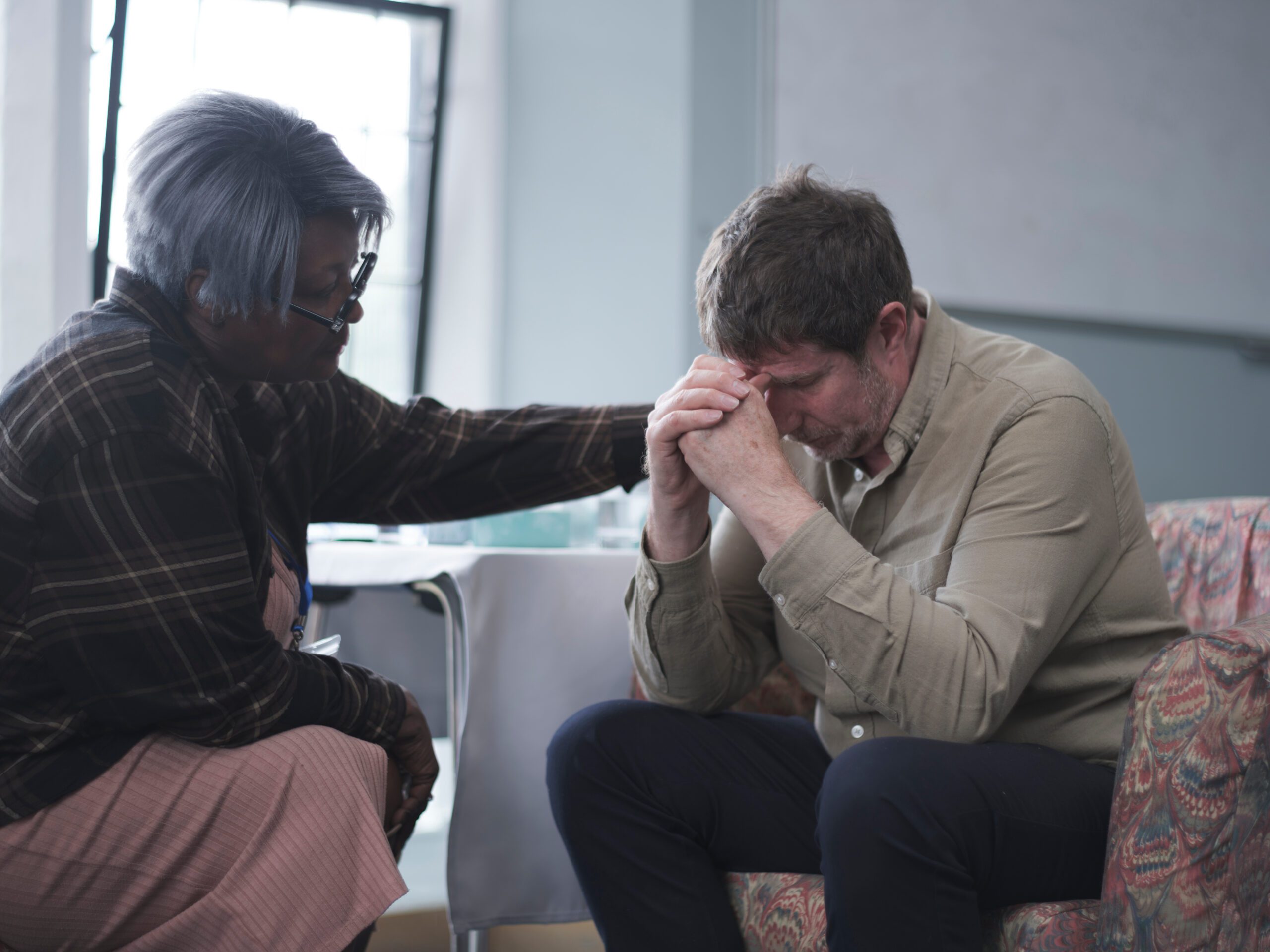Anxiety is a common feeling that everyone experiences from time to time. Feeling anxious is expected in certain situations, like before a big test, an important presentation at work, or if you’re going on a first date. However, for many, anxiety can become excessive and persistent and interfere with daily life. This is when it crosses the line into an anxiety disorder.
According to the National Alliance on Mental Illness (NAMI), anxiety disorders are the most common mental health issue in the United States, affecting approximately 40 million adults. Having an anxiety disorder involves intense and overwhelming feelings of anxiety, fear, worry, or dread that do not go away and can get worse over time. Anxiety disorders can take a major toll on relationships, careers, and quality of life.
Types of Anxiety Disorders
There are several different types of anxiety disorders, each with its own specific symptoms. Understanding the various forms can help you recognize if you or a loved one may be suffering from one. Types of anxiety disorders include:
- Generalized Anxiety Disorder (GAD): GAD can cause you to have excessive worry about everyday issues like health, money, family, or work that is difficult to control.
- Social Anxiety Disorder: Social anxiety disorder can lead to intense fear of social situations where you may be judged, embarrassed, or scrutinized by others.
- Panic Disorder: Panic disorder can cause sudden feelings of terror that peak within minutes, resulting in physical symptoms such as shortness of breath, chest pain, heart palpitations, or abdominal distress.
- Specific Phobias: Phobias can lead to irrational and excessive fear of particular objects or situations, such as heights, flying, insects, or animals.
- Obsessive-Compulsive Disorder (OCD): OCD causes recurring unwanted thoughts (obsessions) that drive repetitive behaviors (compulsions) in an attempt to prevent anxiety.
- Post-Traumatic Stress Disorder (PTSD): PTSD is a type of anxiety that develops after a terrifying event like warfare, natural disaster, abuse, or assault.
Common Signs of Anxiety
While the specific symptoms of anxiety can vary depending on the person and type of anxiety disorder, some of the most common signs include:
- Persistent, excessive worry
- Restlessness or feeling on edge
- Fatigue and difficulty concentrating
- Irritability
- Muscle tension
- Sleep disturbances
- Racing heartbeat
- Feeling short of breath
- Nausea or digestive issues
If these issues are ongoing and causing significant distress or impairment in daily functioning, it’s essential to seek help from a mental health professional.
Treatment Options for Anxiety
The good news is that anxiety disorders are highly treatable. A combination of treatments is often the most effective approach. Some of the treatments that may be recommended include:
- Cognitive Behavioral Therapy (CBT): This type of psychotherapy focuses on changing negative thought patterns and behaviors that fuel your anxiety. CBT equips you with coping strategies to manage anxious thoughts better.
- Exposure Therapy: For anxiety disorders involving specific phobias or PTSD, this therapy gradually exposes you to the source of fear in a controlled environment. This helps desensitize you to situations that trigger anxiety.
- Medication: Anti-anxiety medications like benzodiazepines can provide short-term relief, while antidepressants are commonly prescribed to manage anxiety long-term. Medications help regulate brain chemistry.
- Support Groups: Joining a support group connects you with others experiencing similar challenges. This reduces isolation and provides a supportive community.
- Self-Care: Self-care practices such as exercise, meditation, deep breathing, getting sufficient sleep, and eating a healthy diet can all help reduce anxiety levels.
If you want to help a loved one with an anxiety disorder, there are several ways you can show your support. Supporting someone with anxiety requires compassion, as recovery is an ongoing journey. Some ways to show your support include:
- Educate yourself about anxiety disorders to better understand what your loved one is experiencing.
- Be patient, listen without judgment, and validate their feelings.
- Avoid dismissive statements like “just relax.”
- Encourage your loved one to seek professional help and attend therapy sessions together.
During anxious episodes, remind them to take deep breaths and utilize coping strategies. Reduce stress at home and respect their boundaries. Engage in positive distractions like exercise or enjoyable activities.
Don’t suffer in silence if you or a loved one is struggling with anxiety. Creekside Behavioral Health, located in Kingsport, Tennessee, is here to help. We offer an acute psychiatric inpatient care program, outpatient care options, and chemical detox. To learn more about our program and services, please contact us today.






